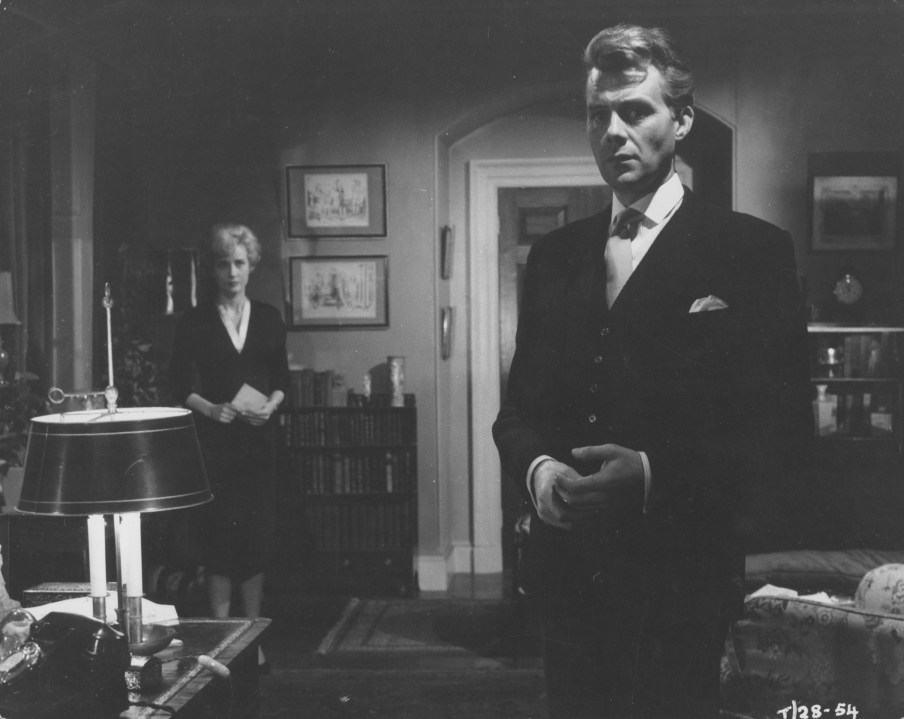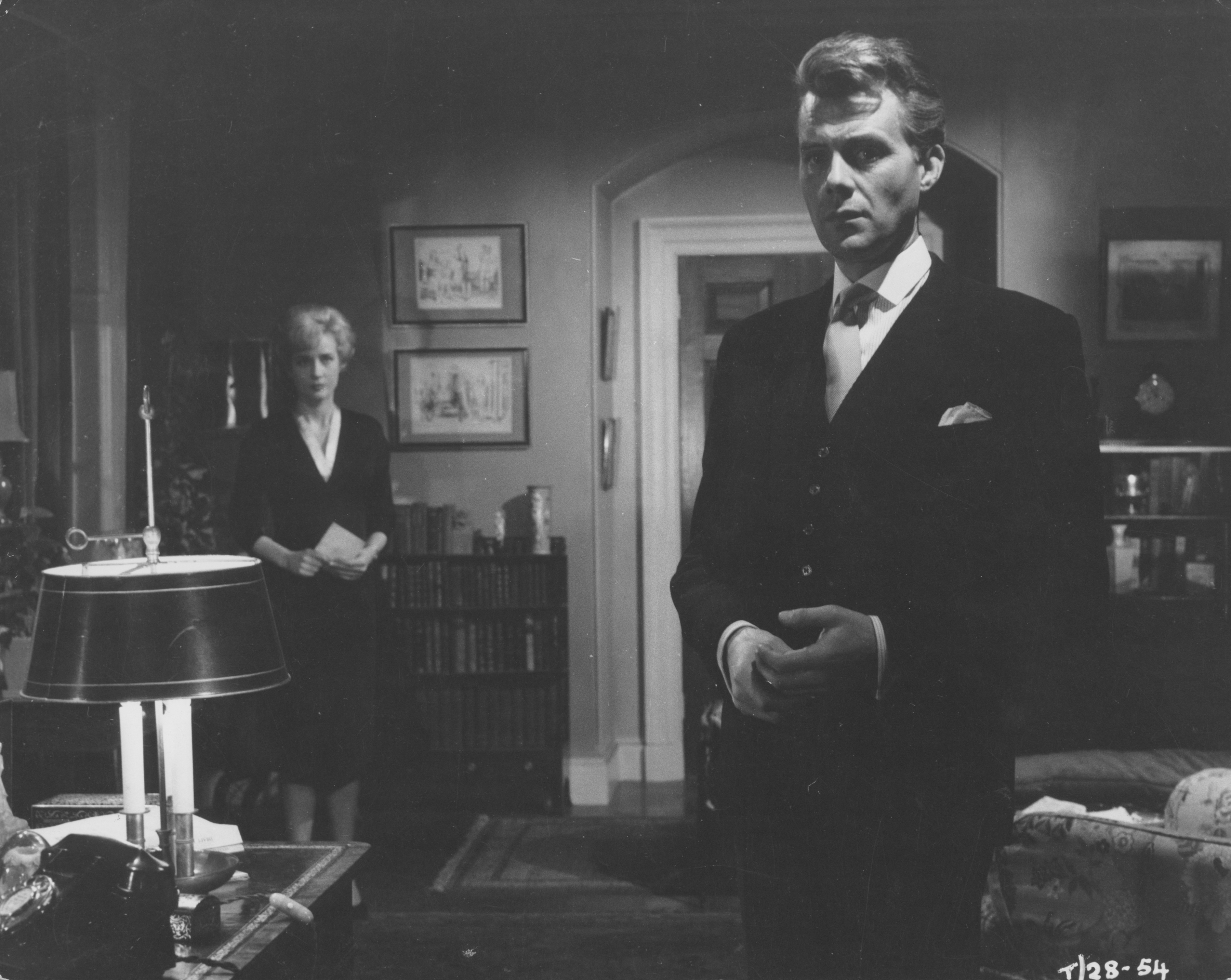
Today marks 50 years since the release of Victim, a ground-breaking film about homosexuality that was granted an X-certificate. Writing in the latest issue of the Spectator (subscribers click here), John Coldstream explains the significance of this frank and truthful film and its contribution to the national debate about decriminalising homosexuality. It was made four years after the publication of Sir John Wolfenden’s report into ‘Homosexual Offences and Prostitution’, which recommended that homosexual acts between consenting adults in private should be decriminalised. This contentious reform was not secured until 1967. When Wolfenden’s views were first unveiled, the Spectator defied the prevailing consensus in Fleet Street by arguing that homosexuality should be decriminalised. This prompted the Daily Express to brand the Spectator as ‘The Bugger’s Bugle’. Here is that original leader column:
Sweeping the Street, The Spectator, September 6, 1957.
There are two ways of looking at sexual immorality. One is to regard all illicit intercourse as a crime; the other is to regard it as a sin but not as something which concerns the state unless it has obvious anti-social consequences. The first has been out of fashion since the seventeenth century, when adultery was still a capital offence, and in most civilised countries the second attitude now prevails. But in England for the last eighty years there has been one notable exception. Since the Criminal Law Amendment Act of 1885 homosexual actions between consenting males have been criminal, even when they are performed in private. This measure – the Labouchère amendment – was passed late at night without discussion and, possibly, by mistake. There is no doubt that the Wolfenden Committee (with one dissentient) is right to propose its repeal.
Whatever feelings of revulsions homosexual actions may arouse, the law on this point is utterly irrational and illogical. It is impossible to argue that homosexual actions between consenting males are more anti-social than adultery, fornication, or homosexual actions between consenting females, none of which are crimes. Not only is the law unjust in conception, it is almost inevitably unjust in practice. Save in very exceptional circumstances a prosecution can only be brought on the evidence of one of the parties concerned, who is necessarily as guilty as the party who is prosecuted. Indeed, it was a particularly unfair prosecution of this sort which was largely responsible for the setting up of Wolfenden Committee, and it is pleasantly ironical that the actions of those concerned in that case should have led to recommendation that the law should be changed.
There will of course be considerable opposition to this long-overdue reform. Many people still believe like Albert the Great that homosexuality is as contagious as any disease, though why they should overestimate its attractions in this way is far from clear. The Wolfenden Committee has come to the conclusion that ‘homosexual behaviour is practised by a small minority of the population’ and that ‘the law itself probably makes little difference to the amount.’ But that will not deter our newspaper moralists. ‘No one is more ferocious,’ writes Professor Weihoven in The Urge to Punish, ‘in demanding that the murderer of the rapist pay for his crime than the man who has felt strong impulses in the same direction’. ‘Distrust,’ said Nietzsche, ‘all in whom the impulse to punish is strong.’ But however strongly they may agree with Nietzsche’s admirable advice, the present strong reforming team at the Home Office is unlikely to be able to bring in a Government Bill. The Act’s removal from our statute book will probably have to be effected by an independent and courageous backbencher such as Sir Robert Boothby.
Organised vice of any sort must always be suppressed. And children and young people must be protected. But so far as adult individuals are concerned, the Government should remember that it is the guardian of public, but not private morality: and this admirably written and constructed report gives no excuse for forgetting it.







Comments